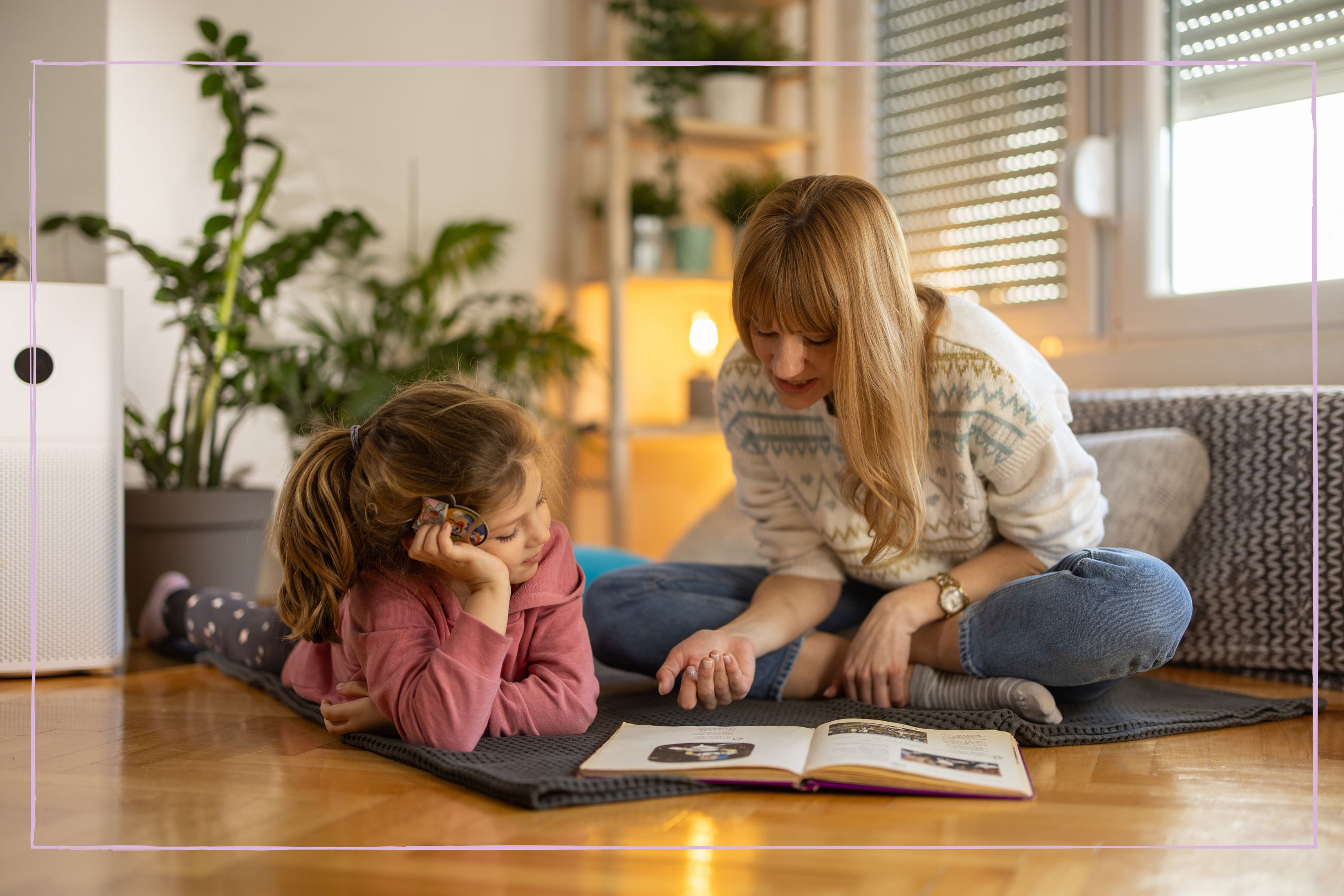
A child psychologist has shared the best ways to respond to a child who says 'I hate reading' when you're trying to help them learn how to read - and how you word your support is so important.
When big emotions are bubbling up, kids seem to 'hate' everything. We have to keep our cool and figure out how to respond when your kid says ‘I hate you’, as we try to figure out what's causing their rude behaviour. They 'hate' vegetables, so we sneak them onto their dinner plates. They 'hate' their siblings as they refuse to share. They 'hate' reading when they're struggling to do it.
How do you respond to those big emotions? We all know how frustrating things can become when we're learning how to do them for the first time. We try sympathy and offering advice; "Oh honey, it'll get easier. It's ok, you're just learning. Maybe you need to read more? Oh, don't worry about it, no one thinks you're stupid."
But these little quips, though they seem innocent, aren't the best responses we can give kids as they struggle to read, child psychologist Dr. Chelsey Hauge has revealed. That's because they "deny your child's experience of how hard it is when they struggle," the expert says.
Instead, when your child says something like 'I suck at reading and I hate it too,' you as a parent want to 'turn it into a feeling.'
What does that mean though? Dr Hauge explains, "Feelings are states, not personal traits. It is ok to feel this, it will pass." Therefore, you turn your child's 'I hate reading' into 'You're feeling like you hate reading' or 'You feel like you just can't read this book.' You're reminding the child that their struggle is valid, but that it will pass.
She uses the further examples of, 'You're feeling like reading is so hard right now,' and 'You feel like finishing this book is impossible.'
The expert also suggests offering up a story of your own struggles to help give your child the courage to continue learning how to read when they feel ready to give up. "Relating to the child normalises the struggle," she says. "Taking breaks, telling stories and trying again later is powerful!"
She uses the examples, 'When I was seven, I remember reading was hard. Breaks helped, let's go for a walk,' and 'You know what helps me? Taking turns. I'll read a page, then you read a page?'
Another handy tip is to give the child's feeling a boundary. 'You're feeling like reading is so hard right now,' or 'You feel like finishing this book is impossible.' By specifying 'right now' and 'this book,' you're giving the child reassurance that as time passes, their skill will grow and reading will become easier.
The expert's final tip is to 'seek out positive reading experiences.' Like with learning any skill, at any age, it's important to have fun while doing it and instead of pushing, pushing, and pushing a child to develop their reading skill, you can take it slow and enjoy the process.
To do this, Dr Hauge says to 'read to your child daily' as well as take it in turns to read pages or sentences to turn the learning into a collaborative game. She also suggests reading some books that are 'too easy' for the child so they can gain confidence - and make sure to offer them 'ample praise' so they feel validated in their efforts.
Get more advice about teaching kids to read like these three activities to try if your child struggles with reading – and they don’t involve sitting down with a book. We've also revealed how to get cheap and free books: Kindle, audio books, E-books and more and rounded up the 17 best story books for toddlers and the best interactive books for babies.







